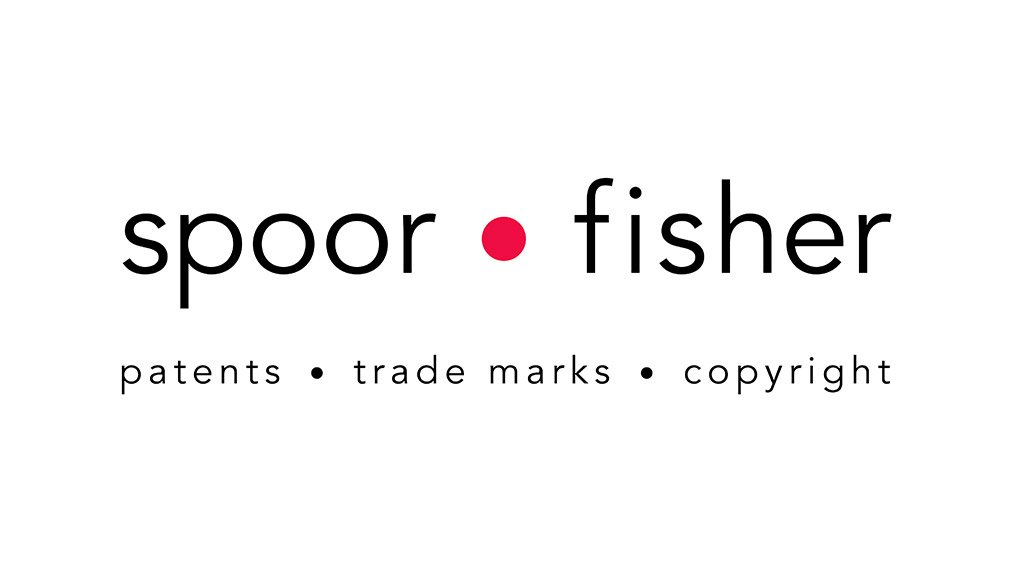Can you patent a recipe? Is there copyright in the instructions on how to make a steak sandwich?
In a recent furore, acclaimed South African crime writer Deon Meyer come under fire following accusations that he and his wife Anita plagiarised recipes originally created by Barbara Joubert, food editor of Sarie Kos, in their new book Kom Eet! Om die tafel met Anita en Deon Meyer.
“As a general principle, it would be extremely difficult to obtain a patent for a recipe because to be registrable it should be novel (anywhere in the world) and inventive, and unless you devised an entirely new and inventive way of making bread or roasting a leg of lamb that had never been done before anywhere in the world, there would be no patent,” says Carl van Rooyen, a partner at IP law specialist Spoor & Fisher. “The question of patents simply does not apply in the case of the Meyers’ book as no patents for any of the recipes exist.”
On the question of copyright, the South Africa Copyright Act automatically gives copyright protection to the creator of certain types of works which are the products of the mind and which have been reduced to material form provided certain criteria are met. A recipe – a list of the ingredients with instructions on how to prepare a dish – reduced to writing is probably a literary work as defined in the Act, which means that the author of a recipe book has copyright in the book and also in the recipes in the format set out in the book. But what does that mean in the real world?
“If I hear about an amazing recipe for lasagne from a friend who tells me all the ingredients and how to make the dish, there is no question of copyright infringement because I have simply been verbally given a recipe and I am entitled to use the recipe. If I read a recipe in a book and alter it slightly by adding more salt or less pepper, and cook the product at a higher temperature, I am in effect creating my own recipe,” says Van Rooyen. “The point is that copyright protects the actual work on paper, and not the idea. Copyright cannot stop anyone from using the recipe. It can only stop others from copying that recipe in that specific form, for example, in their own recipe book. It’s difficult to show that a recipe has been copied because altering the ingredients or manner of preparation in any small way makes it unique to the chef. Therefore, we can safely assume that Deon and Anita Meyer created their own versions of recipes they enjoyed and put them together in a book. These recipes were for fairly standard dishes. To contest their actions would be akin to trying to copyright a recipe for hamburgers or spaghetti bolognaise.”
It is thus unlikely that Joubert will have any recourse or way to prove that the Meyers plagiarised her recipes for chicken pie with leeks and potatoes, chocolate pudding or pasta with smoked salmon and tomato.
Van Rooyen notes that the complaint was probably prompted by the apparent lack of acknowledgement of Joubert by the Meyers. The International Association of Culinary Professionals suggests proper attribution be given to a recipe that is published unless it has been changed so substantially that it no longer resembles its source. The Meyers have apparently already apologised for not crediting Joubert for her recipes.
Contact:
Carl van Rooyen, Spoor & Fisher, 012 676 1288
Monica Reuben, Predictive Communications, 011 452 2923 monica@predictive.co.za
EMAIL THIS ARTICLE SAVE THIS ARTICLE
To subscribe email subscriptions@creamermedia.co.za or click here
To advertise email advertising@creamermedia.co.za or click here











